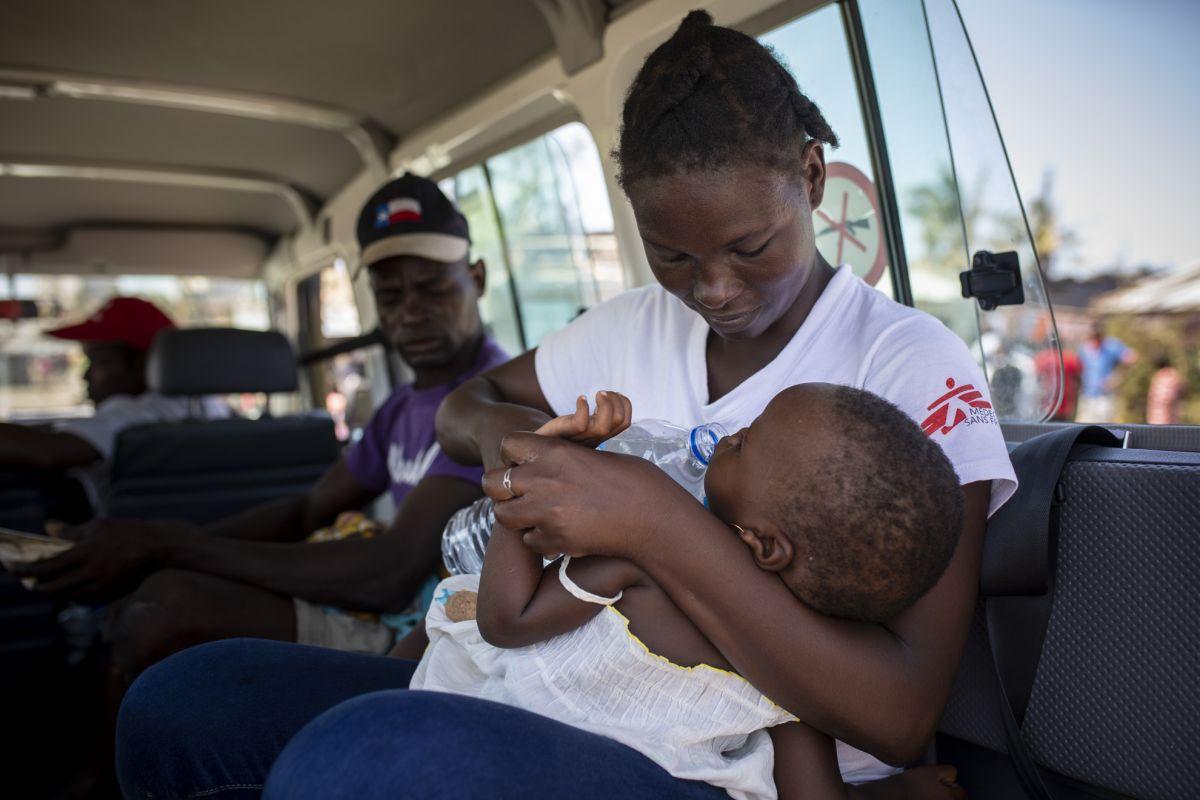MSF emergency teams are responding to the damage and devastating flooding caused by Cyclone Idai in Malawi, Mozambique, and Zimbabwe.
More than 100 tonnes of supplies, including medical kits, water and sanitation equipment, logistical items and other supplies were sent from Belgium to Beira in Mozambique.
Our teams are now running mobile clinics to reach people cut off from care across Malawi, Mozambique and Zimbabwe. We are providing healthcare and distributing essential hygiene kits.
The extensive damage to health infrastructure and medical stocks means enormous support will be required to meet the health needs of people in disaster-affected areas.
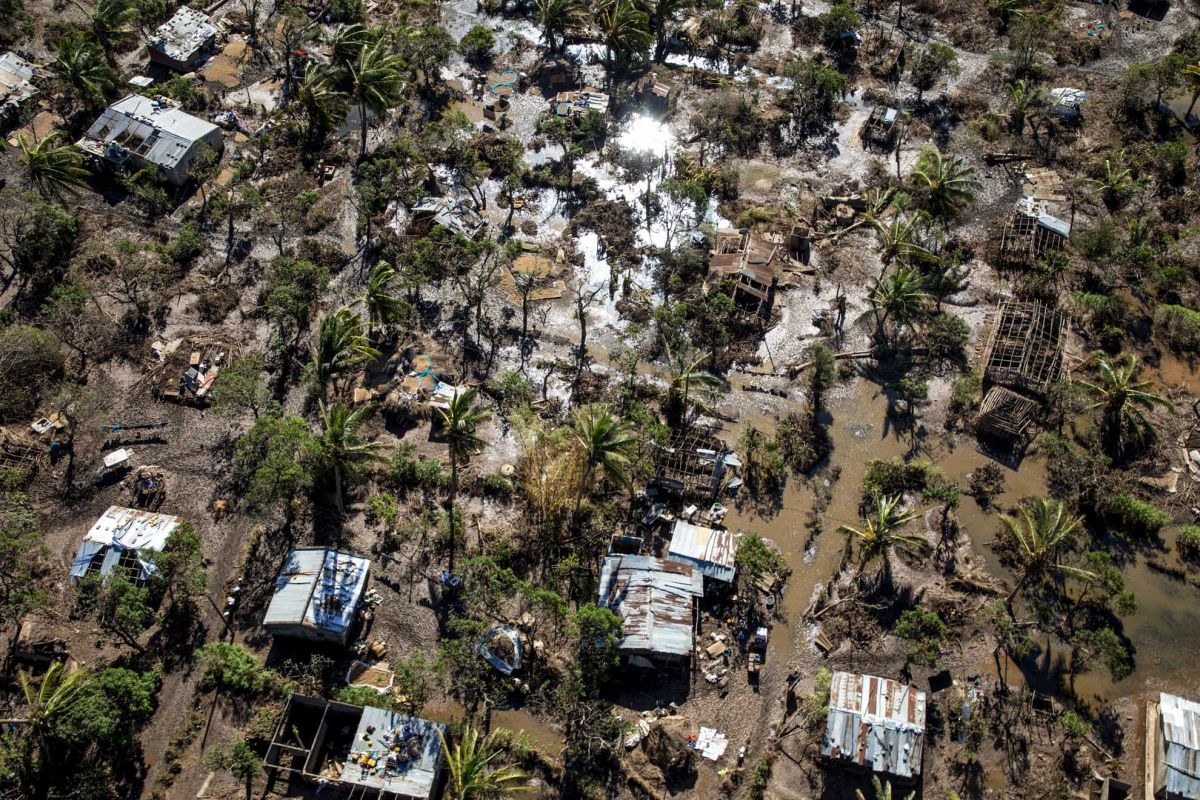
GERT VERDONCK, MSF EMERGENCY COORDINATOR, 27 MARCH
“Given the sheer amount of water that passed through Beira during Cyclone Idai and the volume of damage caused, it’s not surprising that there are outbreaks of waterborne diseases like cholera in the city.
"MSF is already supporting the Ministry of Health to care for patients suspected of suffering from cholera in three health centres of Beira and has so far been treating more than 200 patients a day.
"In the coming days we will work alongside the Ministry of Health to scale up as much as possible and provide support to more cholera treatment units as well as work to rehabilitate a larger cholera treatment centre.
"We have cargo planes arriving daily with the supplies we need and are also flying in experienced medical and logistical staff members from our projects in Mozambique and around the world.
"We are also in discussion with the health ministry about supporting a large cholera vaccination campaign in the area.”
Mozambique
According to the Government of Mozambique, 598 people have been confirmed dead, and over 1,500 injured, as of 2 April 2019.
The cyclone has had a devastating impact on people living in flood and cyclone-affected areas. There are already huge medical and public health needs, and we expect to see these increase in the coming weeks as cholera, other water-borne diseases, skin infections and respiratory tract infections continue to spread.
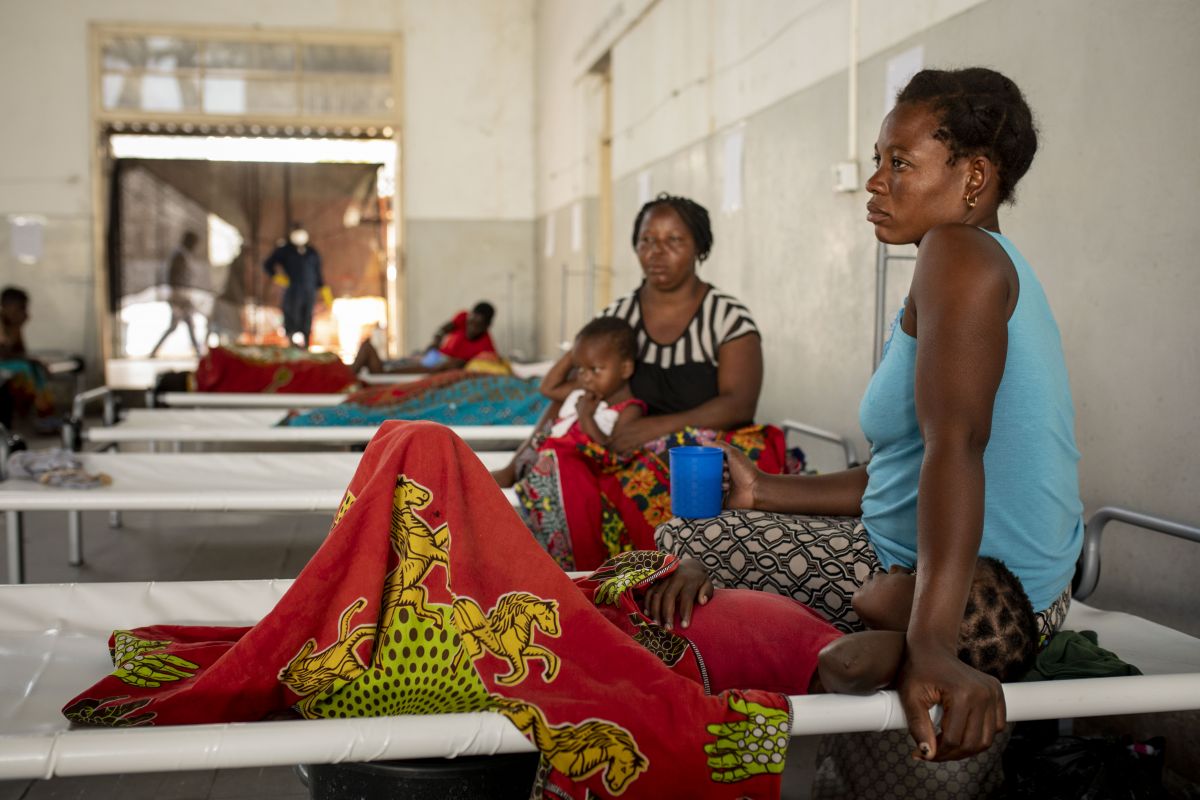
Cholera outbreak
We are currently responding to a confirmed outbreak of cholera in the city of Beira.
As with any natural disaster, particularly a cyclone that leaves a huge volume of water in its wake, access to clean water becomes difficult, increasing the risk of water-borne disease.
Alongside the Ministry of Health, we are working to provide life-saving care to patients in need of urgent treatment for cholera. We are also responding to the worrying number of cases of acute watery diarrhoea appearing outside of the city in less accessible areas.
In response to this, we have already set up cholera treatment facilities in five extremely flood-affected towns and villages.
So far, we have not seen evidence that the cholera outbreak is out of control, however, we cannot relax our efforts.
Importantly, a large-scale cholera vaccination campaign is now underway, led by the Ministry of Health and World Health Organisation (WHO), supported by MSF.
A dedicated water treatment facility has been installed by MSF in Chingassura, an affected neighbourhood of Beira, while another is being set up in Dombe to provide clean water to displaced people sheltering in the area.
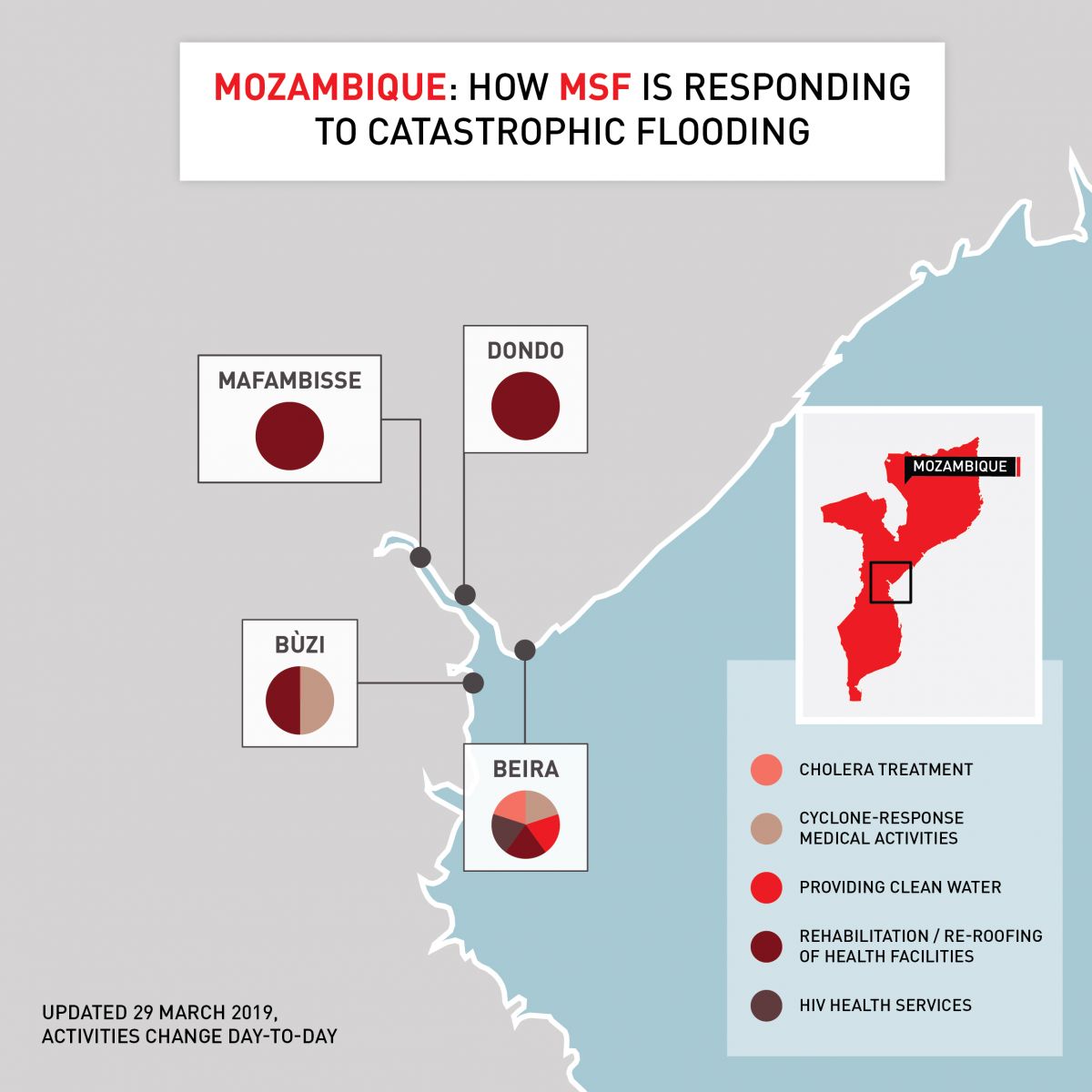
Responding to health needs
As of 2 April, the UN estimates that 1.85 million people are in need of urgent assistance:
112,000 houses identified as totally destroyed
131,000 people are sheltering in 136 sites across the flooded area
The extensive damage to the health infrastructure and to medical stocks means enormous support will be required to meet the health needs of the people in disaster-affected areas.
As well as responding to the direct impact of the cyclone, a normal functioning health system must also be maintained. Mothers will still need to deliver babies, people with chronic illnesses such as HIV or tuberculosis (TB) will still need vital medication.
The mobile clinics in Beira city have provided much-needed healthcare in official transit or shelter sites as well as in extensive door-to-door consultations.
We have more than 300 staff in the flood-affected disaster area:
120 Mozambican staff who worked with MSF already in Beira before the cyclone
Over 500 newly-recruited Mozambican staff specifically for this emergency response, and more being recruited daily
More than 170 international staff from countries in the region and worldwide
More than 100 tonnes of international air freight supply to Beira, has been sent already and an increasing supply operation is scaling up.
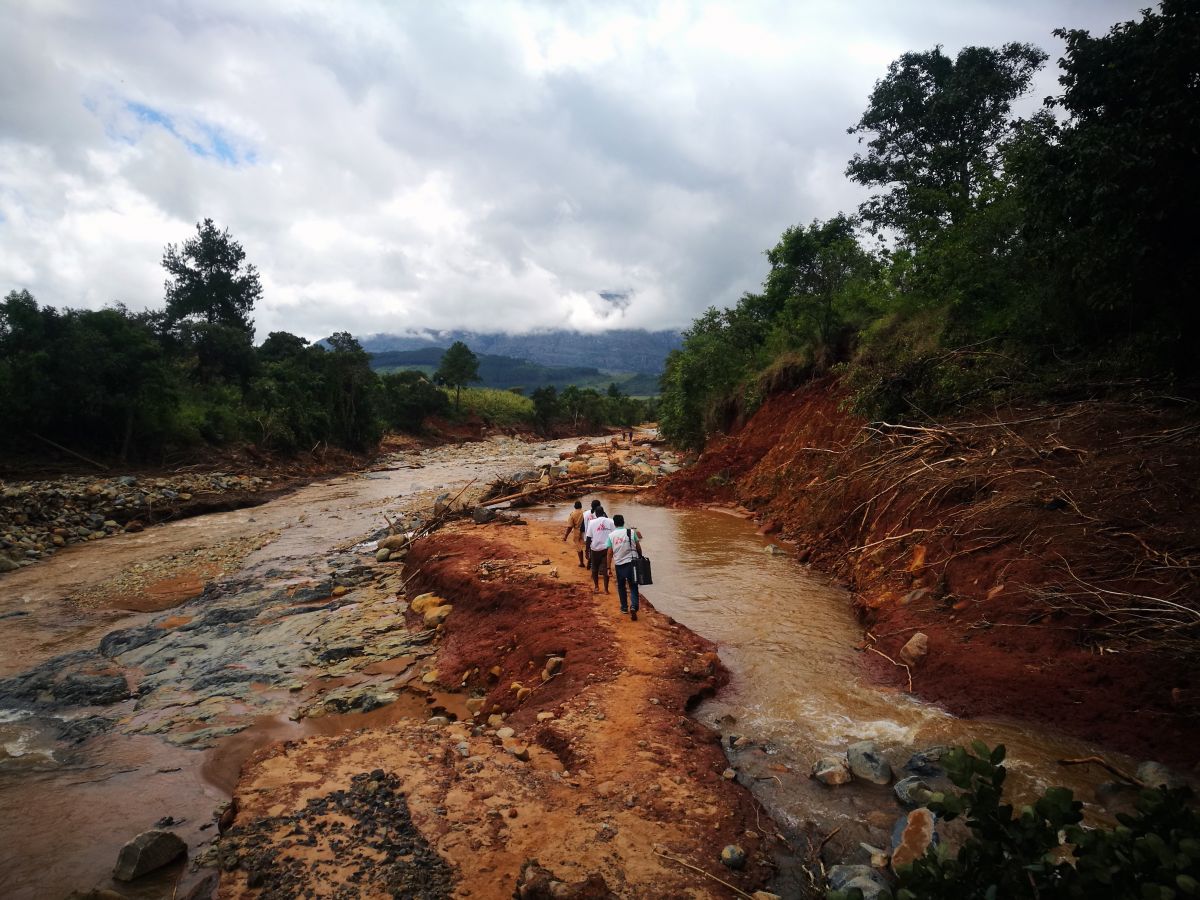
Zimbabwe
Cyclone Idai hit Chimanimani district in Manicaland Province after crossing through Mozambique.
The death toll currently stands at 181 with 330 people missing and nearly 22,000 people displaced.
Several bridges and whole roads have been washed away, or remain blocked by rock falls, leaving some communities reachable by foot only. Many have been left without homes or livelihoods and access to safe drinking water is a major issue.
In Zimbabwe, an MSF team of 10 people is supporting ministry of health staff in Chimanimani with patient management, and helping to maintain supplies of essential medications.
Our teams are conducting assessments, delivering relief items, medical treatment and materials, and rolling out water and sanitation activities to prevent outbreaks of water borne diseases.
Two MSF mobile teams are trying to reach 15 of the worst affected health centres and settlements in Chimanimani to assess health needs and distribute medicines to clinics and village health workers.
Our teams remain concerned about water and sanitation needs to prevent outbreaks of water borne diseases, and the longer medical needs of many HIV, TB and chronic disease patients who are now without treatment.
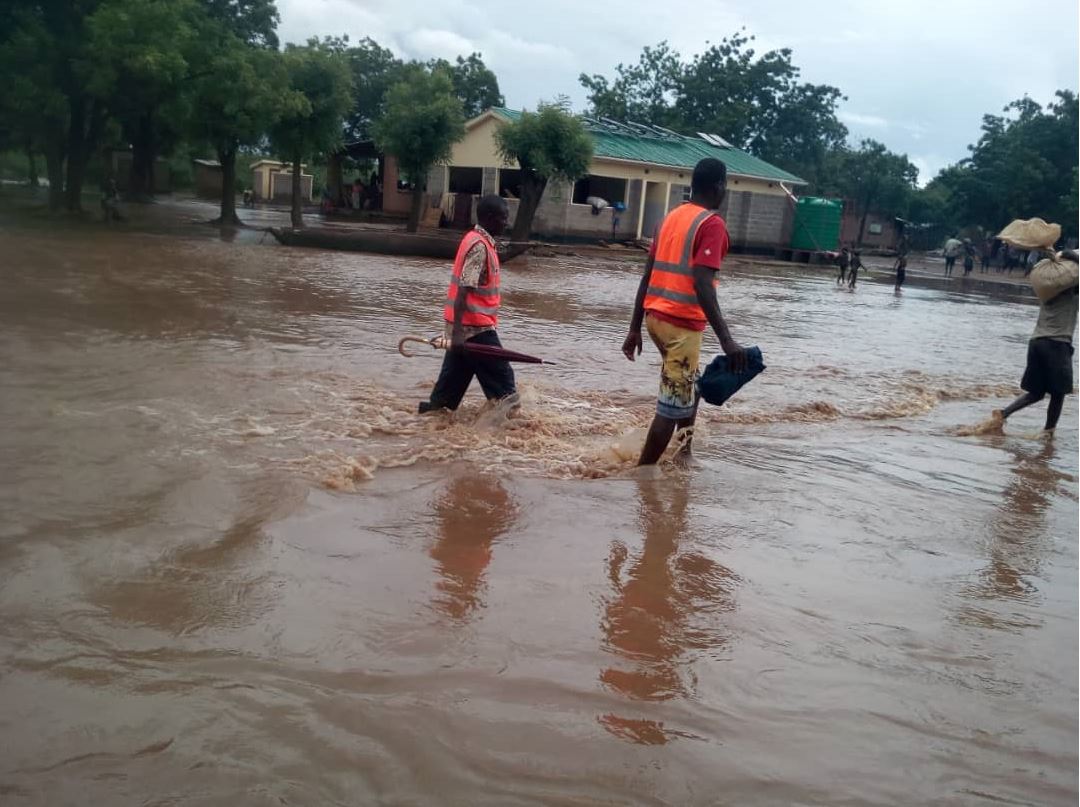
Malawi
Malawi had experienced heavy rain since the start of March. Coupled with Cyclone Idai, flooding has now affected the majority of Nsanje district in southern Malawi, with around 16,000 households affected.
Flooding has caused 59 deaths to date, with 677 injuries, and the displacement of around 87,000 people in camps overall.
While many thousands of people are currently sheltering in schools, churches and makeshift camps for displaced people, some are starting to return home to rebuild their houses.
There has been widespread destruction of agriculture and animals – with major food shortages anticipated.
An MSF team of 18 people is supporting the health ministry to cover the needs of an estimated 18,000 people in Makhanga on the eastern bank of the Shire river, with health, sanitation and non-food-item supplies.
MSF teams are conducting assessments, delivering relief items, medical treatment and materials, and rolling out water and sanitation activities to prevent outbreaks of water borne diseases.
